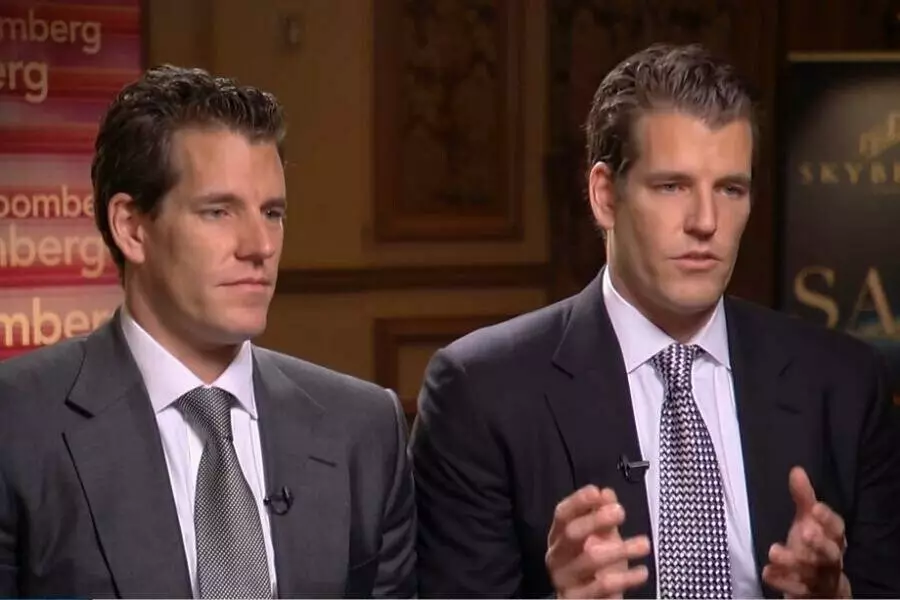A recent article from Fortune has raised speculations about the true intentions of the billionaire twins, Cameron and Tyler Winklevoss, in their lawsuit against Barry Silbert’s Digital Currency Group (DCG). According to the article, there is a possibility that the lawsuit filed by the Winklevoss twins’ crypto exchange, Gemini, may not even reach the courtroom. Instead, it could be a strategic move to pressure DCG into offering a more favorable settlement.
Gemini initiated the lawsuit against DCG and its CEO Barry Silbert, accusing them of defrauding creditors. The conflict stems from a dispute between the Winklevoss twins and Silbert regarding missing funds related to Gemini’s “Earn” program. This program, in partnership with DCG-subsidiary Genesis, allowed depositors to earn interest on their crypto deposits. However, when Genesis faced financial troubles, exacerbated by its involvement with bankrupt crypto hedge fund Three Arrows Capital, the funds of “Earn” depositors could not be repaid.
While DCG has dismissed Gemini’s lawsuit as a “publicity stunt,” Forbes Crypto writer, Jeff John Roberts, suggests that a significant settlement between the two parties could be on the horizon. Roberts goes further to propose that the Winklevoss twins might be using the lawsuit as a bargaining chip to extract a more favorable settlement from DCG. This notion gains credibility from Cameron Winklevoss openly sharing detailed settlement proposals, indicating his willingness to negotiate outside of the courtroom.
By leveraging the lawsuit against DCG, the Winklevoss twins could potentially force a settlement that is more advantageous to them. Legal disputes can be expensive, time-consuming, and uncertain in terms of outcome. Therefore, Gemini’s aggressive legal action might serve as a means to pressure DCG into a more favorable settlement, avoiding the risks and costs associated with a protracted court battle.
While it is challenging to definitively ascertain the Winklevoss twins’ true intentions, it is essential to consider the possibility of strategic maneuvering. Critics argue that the lawsuit could be an attempt to gain an upper hand in negotiations with DCG rather than a genuine pursuit of justice. Furthermore, the public release of settlement proposals by Cameron Winklevoss implies a willingness to engage in discussions outside of the courtroom.
In the crypto industry, where disputes are not uncommon, negotiation skills play a vital role in resolving conflicts. The ability to leverage legal proceedings strategically can tip the scales in favor of one party during negotiations. However, it is important to approach such tactics with caution, as they can sometimes undermine the credibility and integrity of the parties involved.
The recent lawsuit filed by the Winklevoss twins’ Gemini exchange against DCG has raised questions about their true motivations. While Gemini’s actions have been dismissed as a mere publicity stunt by DCG, suggestions of a hidden agenda persist. The possibility of using the lawsuit as leverage to secure a more favorable settlement cannot be disregarded. As the legal battle unfolds, it remains to be seen whether the lawsuit will ultimately reach the courtroom or serve as a catalyst for behind-the-scenes negotiations.


Leave a Reply